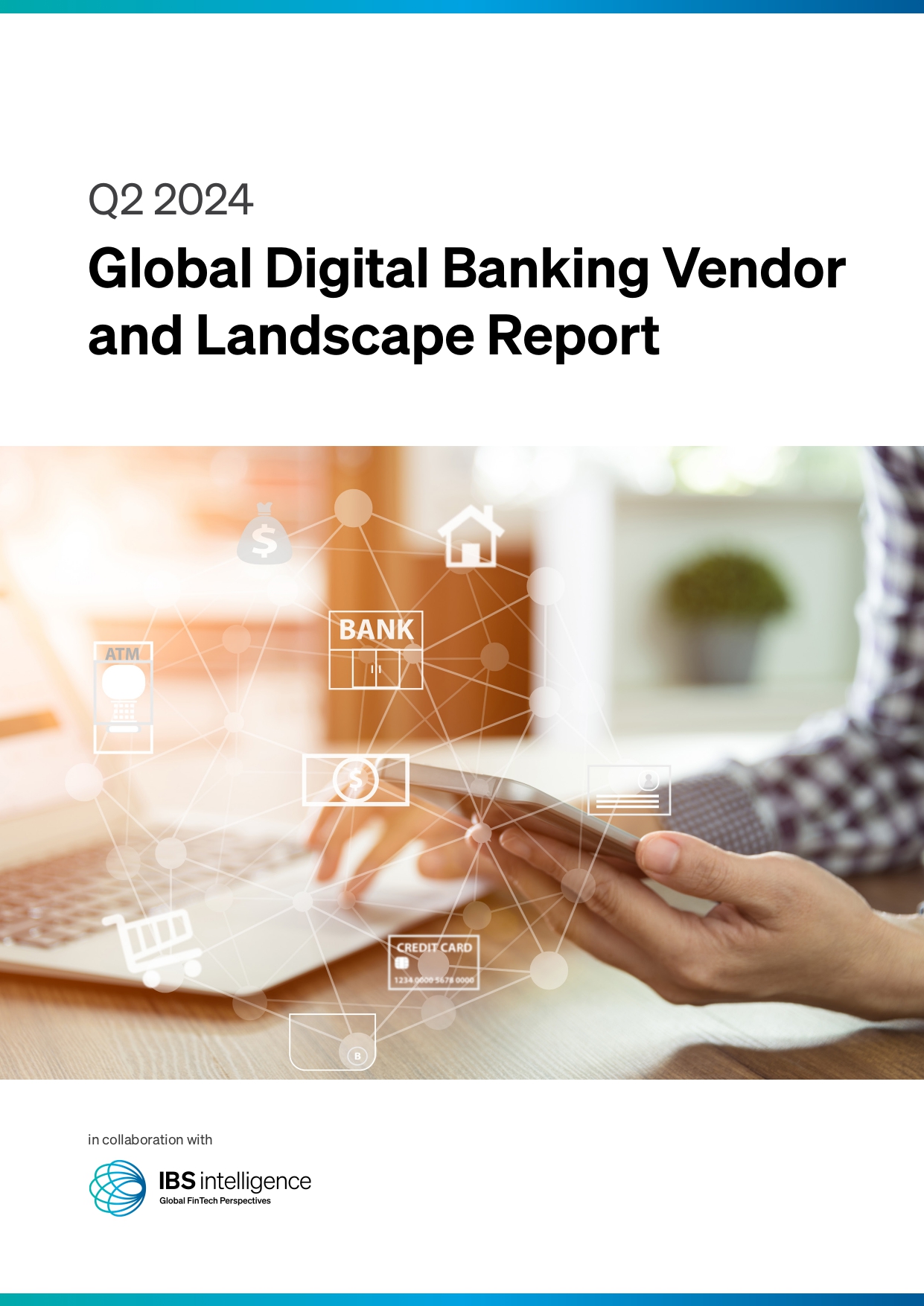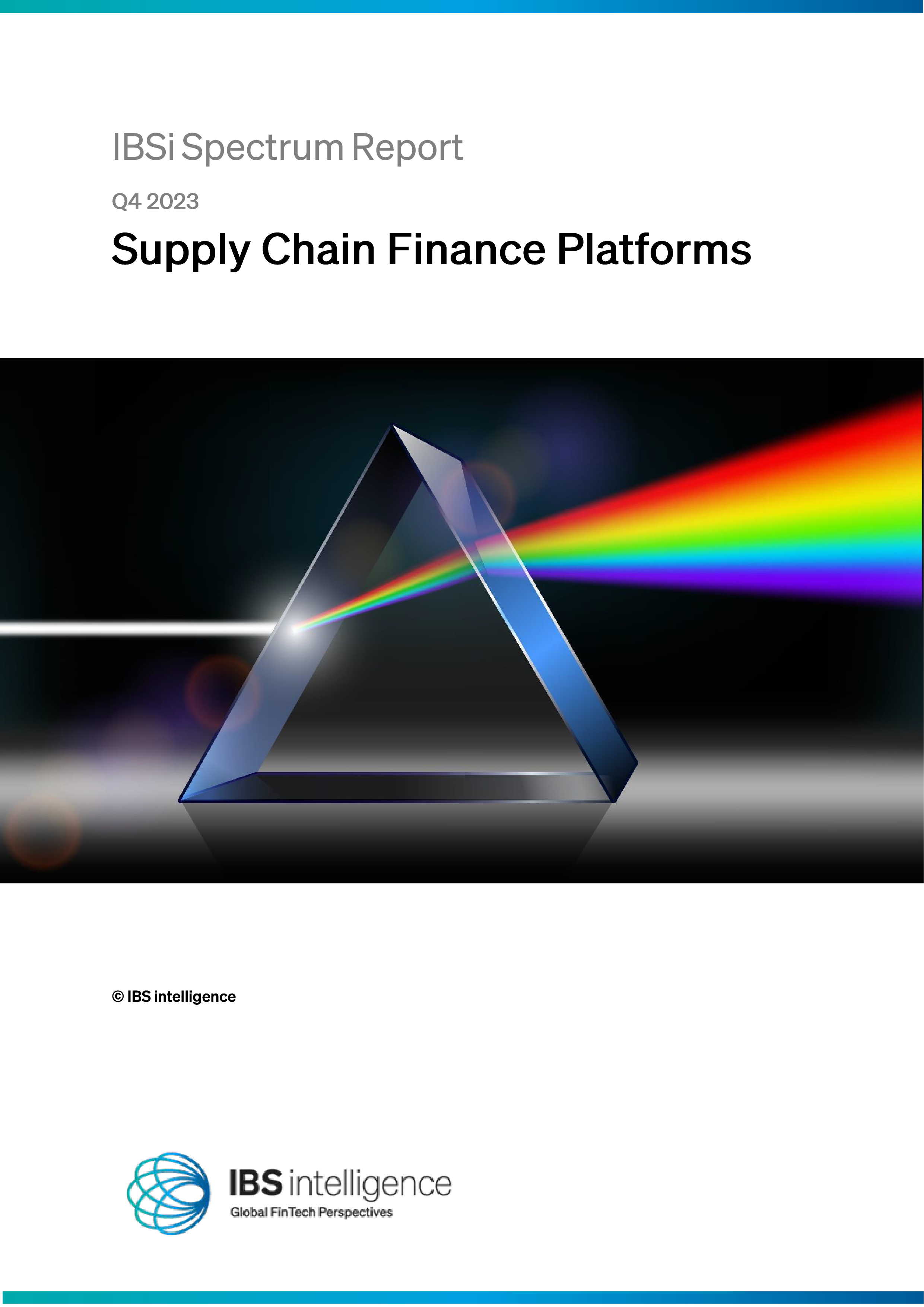The importance of cross-border payments in Latin America

Andre Boesing, VP International Business Development at emerchantpay
The demand for seamless and efficient cross-border payments in Latin America (LatAm) continues to grow. LatAm is one of the fastest growing eCommerce markets in the world and retail eCommerce sales in the region are expected to hit around $138 billion in 2024 according to emerchantpay’s Global Payments Outlook 2024.
A recent report from Mastercard indicates that cross-border payments in LatAm are growing at a faster pace compared to the rest of the world (10% annually since 2014 compared to 4% globally). Specifically, Brazil boasts the largest consumer market in LatAm, with a diverse range of payment requirements. Against this, the surge in eCommerce activity and its expanding consumer market forms an ideal environment for merchants seeking to establish a foothold in this region.
To capture this market, global merchants need to make sure they are offering a user experience tailored to local needs. Payments are a key part of this, as the payment landscape in the region varies greatly from country to country. It’s critical for merchants to understand local requirements and to accept locally preferred payment methods in order to successfully enter the LatAm market.
Pain points to overcome
The main friction points in international payments stem from factors such as disparities in infrastructure, diverse payment preferences, challenges with integrating local payment methods, cross-border transaction costs, and different legal landscapes and regulations.
Disparities in digital infrastructure across LatAm present challenges for cross-border merchants, who will need to make different considerations when expanding into each country. Alongside this, discrepancies in internet accessibility in some parts of the region can affect the efficiency of payment processing systems. While some LatAm countries boast robust infrastructure, others may lag behind, requiring tailored solutions for effective cross-border transactions.
When it comes to integrating payment methods, each country in LatAm will require different methods, tailored to the unique needs, local infrastructure and preferences of its population. For example, Mexico frequently utilises OXXO payments and SPEI; Brazil favours PIX and Boleto Bancario; whereas Colombia leans towards PSE.
The presence of diverse local payment methods across LatAm countries creates a fragmented payment landscape for merchants. Integrating multiple payment systems into their platforms can be complex and resource-intensive, requiring customised solutions for each market, significant development efforts and expertise.
Last but not least, cross-border payments in LatAm entail inherent hidden costs associated with transaction processing, impacting the profitability of merchants. This lack of transparency by some payment providers can make it challenging for merchants to understand the true cost of cross-border payments in LatAm therefore hindering potential growth beyond borders. Innovation is improving financial inclusivity but this also means merchants need to be flexible and offer more payment types so consumers can make purchases in the method they have access to.
PSPs need to support merchants
Commerce is no longer restricted by geographic borders, opening opportunities for retailers to tap into the cross-border market. The challenges presented above highlight the importance of selecting a Payment Service Provider that can truly support merchants in their expansion journey across LatAm, to unlock the region’s potential
PSPs can provide merchants looking to expand to the LatAm region, with an even more resilient and streamlined payment experience, significantly impacting their growth.
Merchants therefore need to ensure that they use the right payment partner who has deep local market knowledge, extensive experience in the payments system and regulations of their target LatAm country, to facilitate smooth operations and help penetrate their desired country successfully.
Cross-border payments are evolving, and Latin America offers a large and lucrative consumer market for businesses looking to expand beyond borders. However, a one size solution will not fit all. Merchants must prioritise a tailored payment strategy that incorporates an array of local payment methods and bides by country-specific infrastructure and compliance requirements.
Partnering with a payment service provider that offers deep local market knowledge, on the ground payment experts, compliance expertise, robust fraud prevention, scalability and growth support will further optimise payment acceptance rates, therefore enabling success.
More specifically, merchants should identify a PSP that:
- Enhances global reach: global coverage indicates a payments provider is equipped to handle multiple currencies and payment methods, catering to a diverse customer base spanning across countries.
- Offers expertise in compliance: a payment provider known for its proficiency in navigating intricate international regulations and compliance standards, will help mitigate legal risks related to payments and ensure seamless operations across borders.
- Provides robust fraud prevention: robust fraud detection and prevention tools is essential for safeguarding against fraudulent activities that often proliferate in cross-border transactions; this enables merchants to safeguard their revenue.
- Delivers responsive customer support: responsiveness and effectiveness of the payment provider’s customer support services must be assessed, particularly concerning issues related to cross-border transactions. Swift reaction to issues ensures uninterrupted business operations and can enhance customer satisfaction.
- Gives scalability and growth support: a chosen provider should have the capacity to accommodate escalating transaction volumes and facilitate expansion into new markets.
- Allows for seamless integration: a seamless integration process will minimise disruption to business operations and will enable the payment solution to be used in-market in a timely manner. This ensures a smooth transition, comprehensive analytics, detailed reporting and uninterrupted operations.
IBSi News

July 19, 2024
B2B Cross Border Payments
LTIMindtree extends multi-million-dollar contract with Absa Bank
Read More- Daily insightful Financial Technology news analysis
- Weekly snapshots of industry deals, events & insights
- Weekly global FinTech case study
- Chart of the Week curated by IBSi’s Research Team
- Monthly issues of the iconic IBSi FinTech Journal
- Exclusive invitation to a flagship IBSi on-ground event of your choice
IBSi FinTech Journal

- Most trusted FinTech journal since 1991
- Digital monthly issue
- 60+ pages of research, analysis, interviews, opinions, and rankings
- Global coverage
Other Related Blogs
July 10, 2024
When cyber criminals log in, but don’t break in, is your data still data secure?
Read MoreJuly 05, 2024
From self-governance to sustainable growth: how the SRO-FT empowers India’s FinTech revolution
Read MoreRelated Reports

Sales League Table Report 2024
Know More
Global Digital Banking Vendor & Landscape Report Q2 2024
Know More
NextGen WealthTech: The Trends To Shape The Future Q4 2023
Know More
IBSi Spectrum Report: Supply Chain Finance Platforms Q4 2023
Know More
